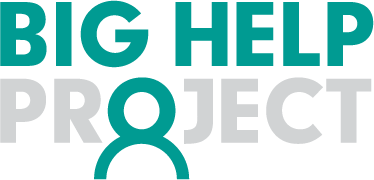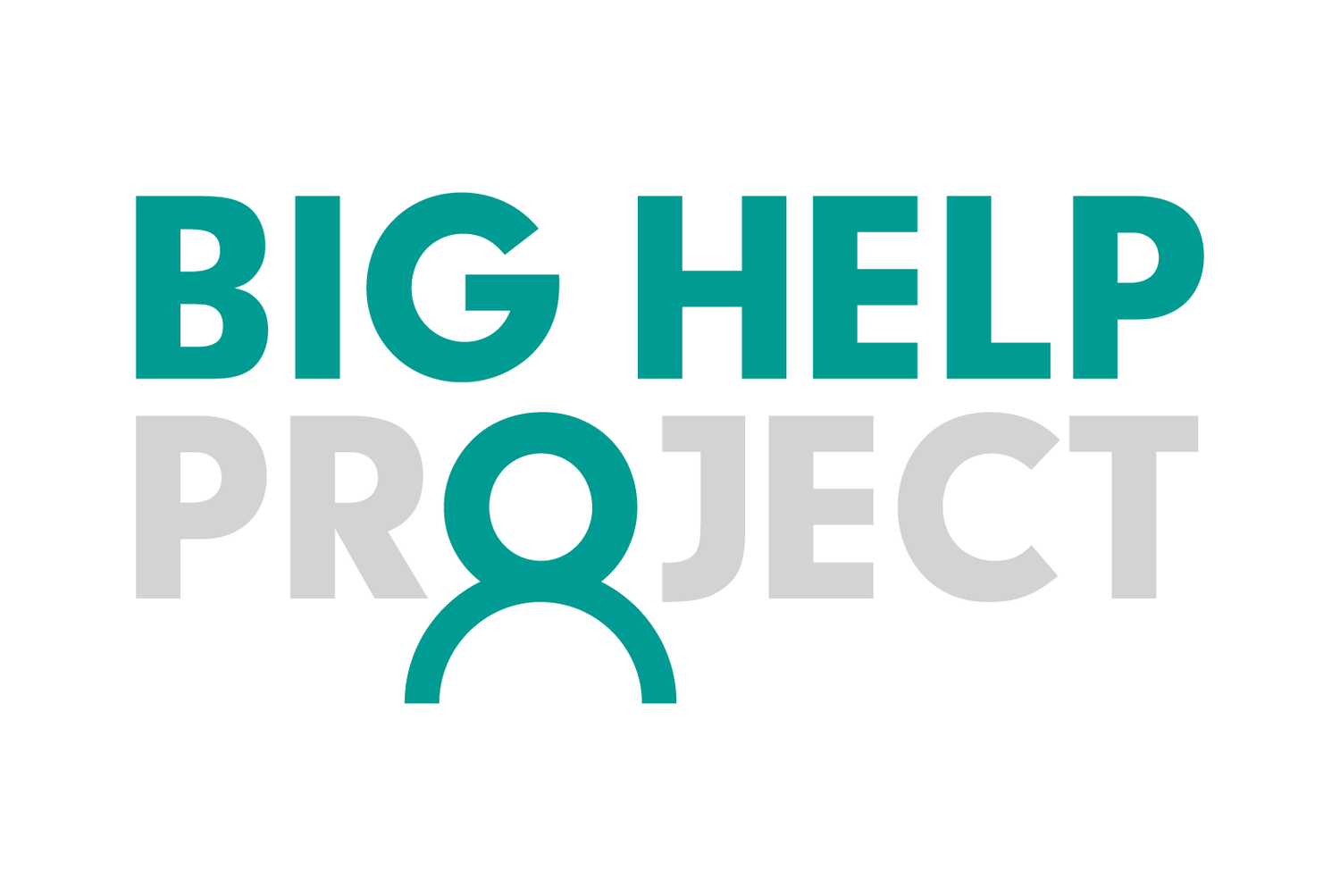A cycle of poverty and mental health: how can it be broken?
Time to Talk Day took place yesterday, on the 4th February, and was centred around ‘The Power of Small’. The Power of Small is how a small conversation about mental health has the power to make a big difference. This day is dedicated to getting the nation talking about mental health, and this year- during a time of isolation across the entire country- these conversations may be more important than ever. Opening up about mental health can have the power to change your life- whether it leads you to supportive services, or simply lifts a little of the burden or makes you feel like alone.
Mental health is a prevalent issue in our society: 1 in 4 adults will experience a mental health problem each year in England. This year, many people will be facing mental health problems like never before, as the whole country is separated and isolated from each other for a prolonged period of time. Another social issue which the pandemic has affected is poverty- but did you know that there is a link between mental health and poverty?
According to the World Health Organisation, studies over the last 20 years indicate a close interaction between poverty and mental health. These studies suggest that common mental health disorders, such as depression, are about twice as frequent among the poor than the rich; and that those experiencing hunger or facing debts are more likely to suffer a mental health problem. For example, people on housing benefit are more than twice as likely to have a common mental health problem than those not in receipt of it (35.1% vs 14.9%).
This relationship between the two is complex. Evidence gathered by WHO indicates that the relationship between mental health and poverty is cyclical: poverty increases the risk of mental disorders and having a mental disorder increases the likelihood of descending into poverty.
A cycle of poverty and mental health:
Poverty can be a contributing factor that triggers mental health issues in a person. To be in poverty, a person will have little or no income; making it harder to maintain basic living standards. A person in poverty may have gone into debt due to their low income, or might live in crowded/inadequate housing, or may have fewer employment opportunities; being hungry may affect their mental and cognitive abilities, which could affect education or work. A person in poverty may be unemployed, and studies have shown that those who are unemployed have higher rates of common mental health problems that those who are employed. The stress and burden of being in poverty- where the cost of living causes overwhelming stress and worry and it can be a lifestyle of being unable to make ends meet; can cause a person to feel isolated and alone. The emotional and mental toil of poverty could make a person feel lonely, low, and anxious. The burden of deprivation can contribute or even trigger mental health issues.
Just as poverty can contribute toward mental health problems, mental health problems can also be the factor that forces someone into poverty or it can be the barrier that prevents people from escaping it. A person struggling with mental health problems may be particularly vulnerable to experiencing loss of income, home, family and support networks. The Joseph Rowntree Foundation reported on the links between poverty and mental health disorders, and found that mental health problems make escaping poverty more difficult: people with severe and enduring mental health conditions have the lowest employment rate (10%) of all disability groups. There is also a huge overrepresentation of people with mental health problems among those who are out of work- only 24% of people with long-term mental health problems are in employment. This could be because their disorder means that the person is unable to work, but it could also be due to discrimination faced by those with mental health problems in the workplace. This lack of employment and stable income drives people further into poverty, and therefore deeper into their mental health problems.
Having a mental health disorder can make everyday tasks seem overwhelming or impossible. A low or unstable income means that people struggle to pay for basic essentials, which could lead to debts or hunger; and mental health issues may affect a person’s cognitive functions and motivation to be able to act on and challenge their financial issues: face their debts or seek new employment- especially when the combination of poverty and mental illness may lead to feelings so isolation.
This creates a vicious cycle where the two factors impact and worsen the other; making it seemingly impossible to escape. Not only does this cycle occur for individuals living in poverty with mental health issues, but if there are children involved- this can lead to an intergenerational cycle, where a child grows up in an impoverished household and one day has mental health problems of their own and in turn can lead to another generation of poverty.
Intergenerational cycles
It was found that children and adults living in the households of the lowest 20% income bracket in Great Britain are two to three times more likely to develop mental health problems than those in the highest. The effects of a child in poverty can be long-lasting and hugely detrimental. Poverty in childhood is associated with lower school achievement, worse cognitive and behavioural outcomes, as well as higher rates of mental health issues. The environment that a child grows up in- hungry, overcrowded, cold, poor- can hugely impact their mental and physical health, and if it goes on unchallenged- will strengthen the intergenerational cycle of mental health problems and poverty.
There are 4 million children in the UK who are living in poverty; meaning that there is a generation of millions who are growing up impoverished; who may develop mental health issues as they grow older and may continue the cycle of poverty through their adulthood. A survey taken by CPAG, found that more than two-thirds of doctors who responded said that poverty contributes ‘very much’ to the ill health of the children they work with, and more than half of respondents said that financial stress and worry contribute ‘very much’ to the ill health of children they work with. It was found that children living in households where an adult is in receipt of benefit payments are 2.5 times more likely to have a mental health problem that the average child.
In the past 3 years, the likelihood of young people having a mental health problem has increased by 50%! As the chances of having a mental health problem rises, so too can their chances of living in poverty.
What can be done?
Poverty and mental health issues can create a vicious cycle, where being impoverished can be detrimental to a person’s mental health, but their ill mental health prevents them from escaping poverty. How do we overcome this cycle?
There is no single solution to poverty. There is no single solution to mental health. Every system of support will depend upon the individual person and their needs. However, any solution to both poverty and mental health problems begins in the same way: a conversation. If someone in struggling with poverty or their mental health or both- by reaching out and opening up, they can lighten their burden and share their load. This year we have all been separated due to the pandemic, but that does not mean that you are alone. A small conversation can lead to a journey of overcoming; change is possible!
Citizens Advice have reported that a growing number of people with mental health problems are turning to them for advice for social issues, with complex needs surrounding finances and debt, essential services, housing, employment, and welfare. The Big Help Project has departments dedicated to each of these issues; a conversation can guide a person to the right support. Our food team will work with clients, not just to feed them, but to identify the reasons a person is struggling financially and direct them to one of our services that could help. Our debt team are free, confidential, non-judgmental and ready to support clients to paying back their debts in a manageable way. Our employment team will work with clients to support them in their confidence, searching for jobs, applying and interviewing. Our housing team supports a wide range of clients; some fleeing domestic abuse or trying to change dysfunctional lifestyles, or some simply needing help with affordable housing. Our teams are here to stand by someone facing poverty- supporting them through their journey- helping the person to tackle their financial issues, but to also show that they are not alone. By supporting and standing with someone in poverty, it may ease their feelings of loneliness, help them to retain some control over their life, and can help with their mental health issues.
Tackling the root causes of poverty can help in one way, but it is also important to address a person’s mental health problems directly. Yoga Nation is part of the Big Help Project, and is a yoga studio dedicated to support people in their mental, physical and emotional health to improve their well-being. The centre delivers a holistic approach to wellbeing; using tools like yoga, meditation, exercise, as well as wellbeing courses in stress management, health and motivation.
Help is out there. Change is possible. Poverty and mental health issues are not inevitable and they can be supported or overcome. Like any journey; this begins with one small step- talking. A small conversation has the power to make a huge difference; it has the power to change a life.

